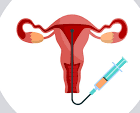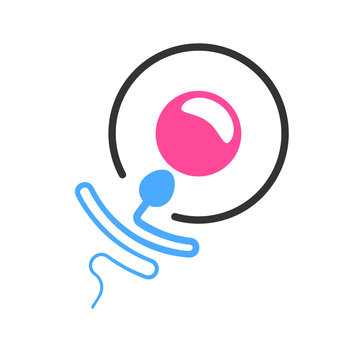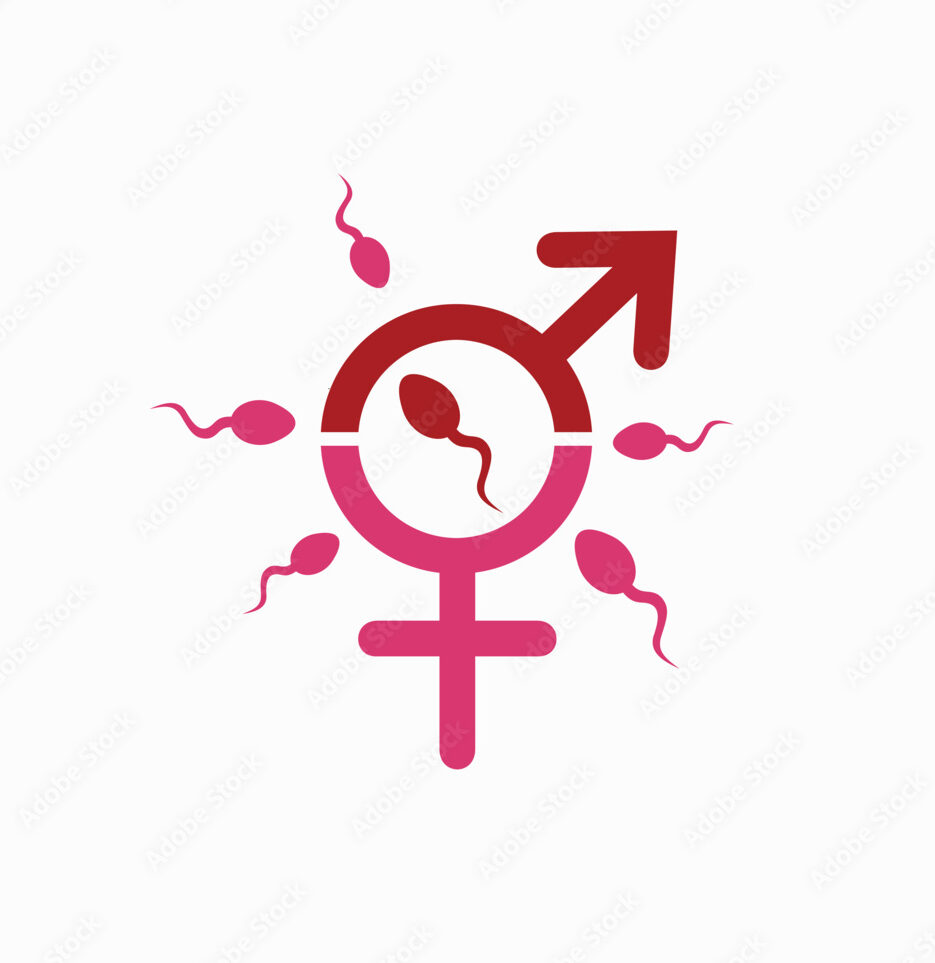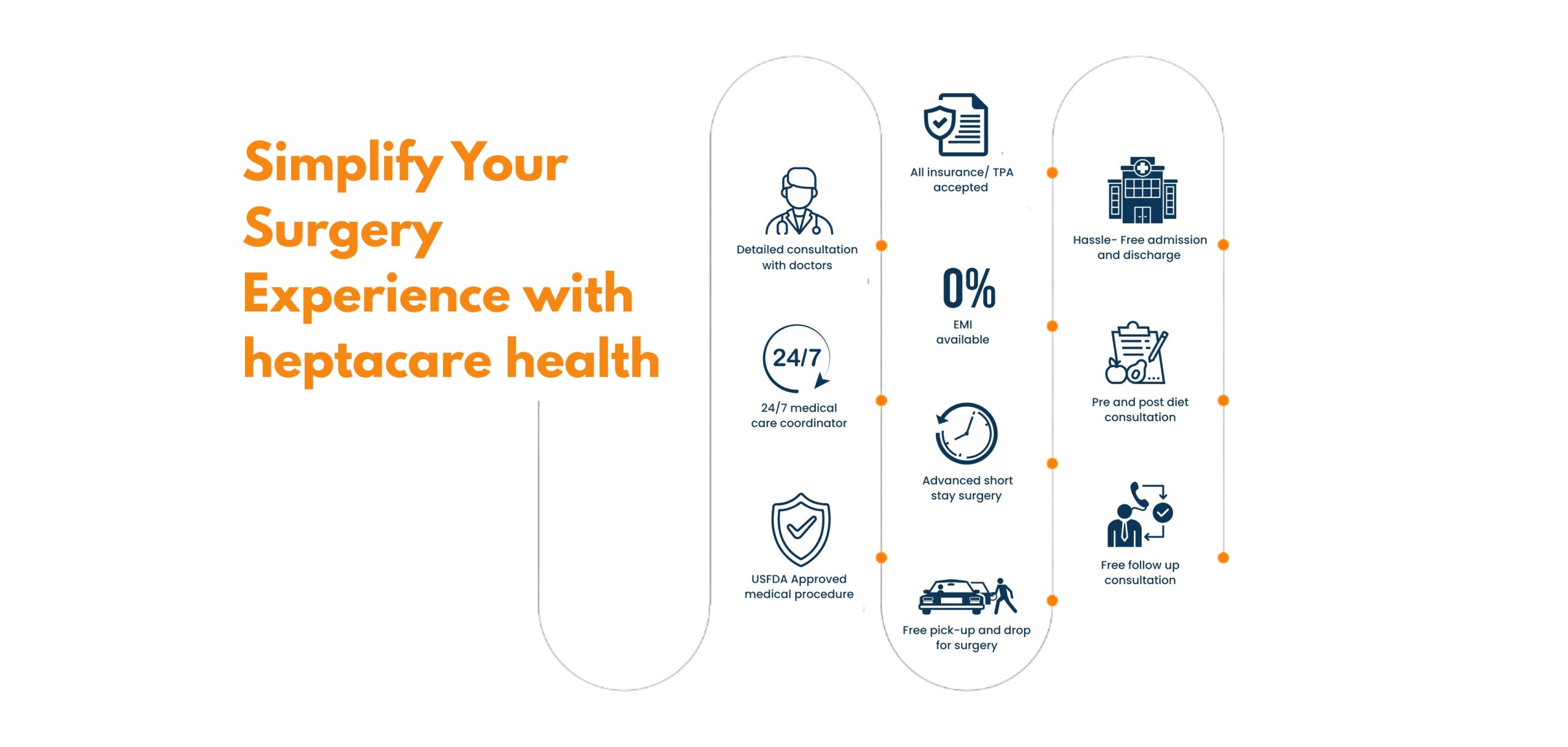Fertility solutions you can trust – IVF, IUI, egg freezing, and hormonal support at HeptaCare Health. Begin your journey today.
Happy Patients
Disease
Hospitals
Cities
Fertility refers to the natural ability to conceive a child. For both men and women, fertility depends on several factors including hormonal balance, reproductive health, age, and lifestyle. Most couples conceive within a year of trying, but for some, it may take longer due to underlying issues.
Infertility often goes unnoticed until couples start trying to conceive. Here are common signs to look out for:
Irregular or absent menstrual cycles
Painful periods or pelvic pain
Hormonal issues (acne, excessive hair growth, weight gain)
Recurrent miscarriages
No pregnancy after 12 months of trying (6 months if over 35)
Low sex drive or erectile dysfunction
Pain, swelling, or lumps in the testicle area
Difficulty with ejaculation
Low sperm count or motility (identified through testing)
No conception after 12 months despite regular unprotected sex
Fertility is the ability to conceive a child. Fertility may not be at the forefront of your mind during the majority of your reproductive life and may only be thought of once a decision has been made to start a family. The process of reproduction is complex, and it is useful to understand how eggs and sperm are normally formed, and how conception occurs to fully understand the process of reproduction.
Fertility requires healthy sperm to successfully make its way to a healthy egg, penetrate the egg and then the embryo (egg fertilised with sperm) successfully attaches to the lining of the uterus (implantation). A problem at any of these steps can affect your fertility.
The hormones which control the production of sperm and eggs are called gonadotropins. There are two types of gonadotropins: follicle-stimulating hormone (FSH) and luteinising hormone (LH).
In men and people with testes, gonadotropins stimulate the testicles to produce sperm and the sex hormone testosterone. Read more information on male hormones here. Sperm are produced at the rate of about 300 million per day. They take around 80 days to develop and mature. Each sperm has a head, which contains the genetic material, and a tail, which propels it up through the vagina, uterus, and fallopian tubes where the egg is fertilised.
In women and people with ovaries, gonadotropins act on the ovaries, stimulating the growth of multiple follicles (fluid-filled sacs) where the eggs develop. The female sex hormone, oestrogen, is produced by the ovaries as the eggs mature within the follicles. The rising levels of oestrogen help to release an egg (ovulation) and after ovulation, another female sex hormone, progesterone, helps prepare the lining of the uterus for the implantation of an embryo.
The production of sex hormones and the release of an egg is known as the menstrual cycle. It is counted from the first day of the period until the day before the start of the next period and can be broken down into 4 phases:
• menstruation
• the follicular phase
• ovulation
• the luteal phase
Fertility explained
Fertility is the ability to conceive a child. Fertility may not be at the forefront of your mind during the majority of your reproductive life and may only be thought of once a decision has been made to start a family. The process of reproduction is complex, and it is useful to understand how eggs and sperm are normally formed, and how conception occurs to fully understand the process of reproduction.
Fertility requires healthy sperm to successfully make its way to a healthy egg, penetrate the egg and then the embryo (egg fertilised with sperm) successfully attaches to the lining of the uterus (implantation). A problem at any of these steps can affect your fertility.
The hormones which control the production of sperm and eggs are called gonadotropins. There are two types of gonadotropins: follicle-stimulating hormone (FSH) and luteinising hormone (LH).
In men and people with testes, gonadotropins stimulate the testicles to produce sperm and the sex hormone testosterone. Read more information on male hormones Sperm are produced at the rate of about 300 million per day. They take around 80 days to develop and mature. Each sperm has a head, which contains the genetic material, and a tail, which propels it up through the vagina, uterus, and fallopian tubes where the egg is fertilised.
In women and people with ovaries, gonadotropins act on the ovaries, stimulating the growth of multiple follicles (fluid-filled sacs) where the eggs develop. The female sex hormone, oestrogen, is produced by the ovaries as the eggs mature within the follicles. The rising levels of oestrogen help to release an egg (ovulation) and after ovulation, another female sex hormone, progesterone, helps prepare the lining of the uterus for the implantation of an embryo.
The production of sex hormones and the release of an egg is known as the menstrual cycle. It is counted from the first day of the period until the day before the start of the next period and can be broken down into 4 phases:
Read more information about the menstrual cycleIn an average cycle of 28 days, ovulation occurs around day 14. However, cycle length varies between women and people that menstruate, and it is important to note that ovulation occurs earlier in those with shorter cycles and later in those with longer cycles.
Conception occurs when an egg and a sperm come together. At the time of ovulation, an egg is released from the ovary into the fallopian tube and can only live for 12-24 hours. If sperm are present at that time of ovulation, the egg can be fertilised. The fertilised egg then starts to develop into an embryo and travels along the fallopian tube to the uterus. After ovulation, the lining of the uterus – the endometrium – prepares for the impending implantation of the growing embryo. A few days after implantation, the embryo starts to produce human chorionic gonadotrophins (hCG) – the hormone that gives a positive pregnancy test reading.
If an embryo does not form or attach to the endometrium, the level of progesterone hormone drops, the lining of the uterus breaks down causing the next period to begin.
Fertility can be affected by many things, including how old you are, when you have sex, how healthy you are, and whether you have any medical conditions. Planning ahead and taking care of your preconception health by modifying your lifestyle can improve your chance of pregnancy and the health of your future child. Read more about the modifiable factors that can affect your fertility . Medical conditions such as polycystic ovary syndrome (PCOS) and endometriosis can also reduce fertility, however, it may just take longer to get pregnant. People may find themselves trying to get pregnant at an older age when it can be a lot more difficult to conceive. Around 1 in 6 people may experience difficulties when trying for a baby
Polycystic Ovary Syndrome (PCOS)
Blocked Fallopian Tubes (due to infections or surgeries)
Endometriosis
Thyroid Disorders
Premature Ovarian Failure
Uterine Fibroids
Low Sperm Count or Motility
Varicocele (enlarged veins in the scrotum)
Hormonal Imbalances
Genetic Disorders
Infections affecting sperm production
Lifestyle factors (alcohol, smoking, stress, obesity)
You’re under 35 and haven’t conceived after 12 months of trying
You’re over 35 and haven’t conceived after 6 months
You’ve had two or more miscarriages
You have known reproductive issues (like PCOS or endometriosis)
You or your partner have had cancer treatments or surgeries affecting fertility
You want to preserve your fertility through egg/sperm freezing


Based on 7721 Recommendations | Rated 4.68 Out of 5
Happy Patients
Clinics
Cities
Surgeries
Doctors
Hospitals

IUI (Intrauterine Insemination) is a fertility treatment where washed sperm is directly placed into the uterus to increase chances of pregnancy.

IVF is a fertility treatment where eggs and sperm are combined in a lab to create embryos, which are then transferred to the uterus for pregnancy.
Male fertility depends on healthy sperm count, motility, and shape for successful fertilization.

Female fertility relies on regular ovulation, healthy eggs, and a receptive uterus for conception.

Egg freezing is a procedure where a woman’s eggs are collected, frozen, and stored to preserve fertility for future use.

➡️ In men, low sperm count, poor sperm quality, or hormonal issues are common.
➡️ In women, ovulation problems, blocked fallopian tubes, or uterine conditions may cause infertility.
➡️ If you’re under 35, try for 12 months.
➡️ If over 35, consult after 6 months of trying without success.
➡️ IUI involves placing sperm directly into the uterus.
➡️ IVF involves combining eggs and sperm in a lab, then placing an embryo in the uterus.
➡️ Yes, age plays a key role. Fertility starts to decline after 30 and drops faster after 35, affecting both natural conception and IVF success rates.
●IUI treatment cost in Vizag ● low-cost IVF treatment in Hyderabad ● cashless fertility treatment near me ● painless IUI procedure in Vijayawada ● fertility treatment with insurance in Vizag ● IVF treatment cost in Hyderabad ● fertility treatment packages in Vijayawada ● affordable fertility clinic near me ● best IVF center in Hyderabad ● fertility consultation charges in Vizag ● IUI & IVF treatment cost in Vijayawada ● fertility hospital near me ● IVF procedure price in Hyderabad ● low-cost fertility treatment in Vizag ● fertility test cost near me ● fertility treatment with EMI in Vijayawada ● fertility specialist doctor near me ● fertility treatment packages in Hyderabad ● fertility clinic near me ● egg freezing cost near me ● IVF treatment for couples in Vizag ● painless IVF treatment in Hyderabad ● IVF for women above 35 near me ● best IVF hospital in Vijayawada ● IVF procedure cost in Hyderabad ● IVF treatment offers near me ● advanced fertility hospital in Vizag ● affordable IVF treatment near me ● fertility consultation fees in Hyderabad ● IVF treatment with EMI option ● advanced fertility care near me
Disclaimer: **The result and experience may vary from patient to patient.. ***By submitting the form or calling, you agree to receive important updates and marketing communications.
Getting an accurate diagnosis can be one of the most impactful experiences that you can have.

cure with care
Copyright © 2025. All rights reserved.
Consult with our expert surgeon for more than 50+ diseases
Happy Patients
Hospitals
Cities